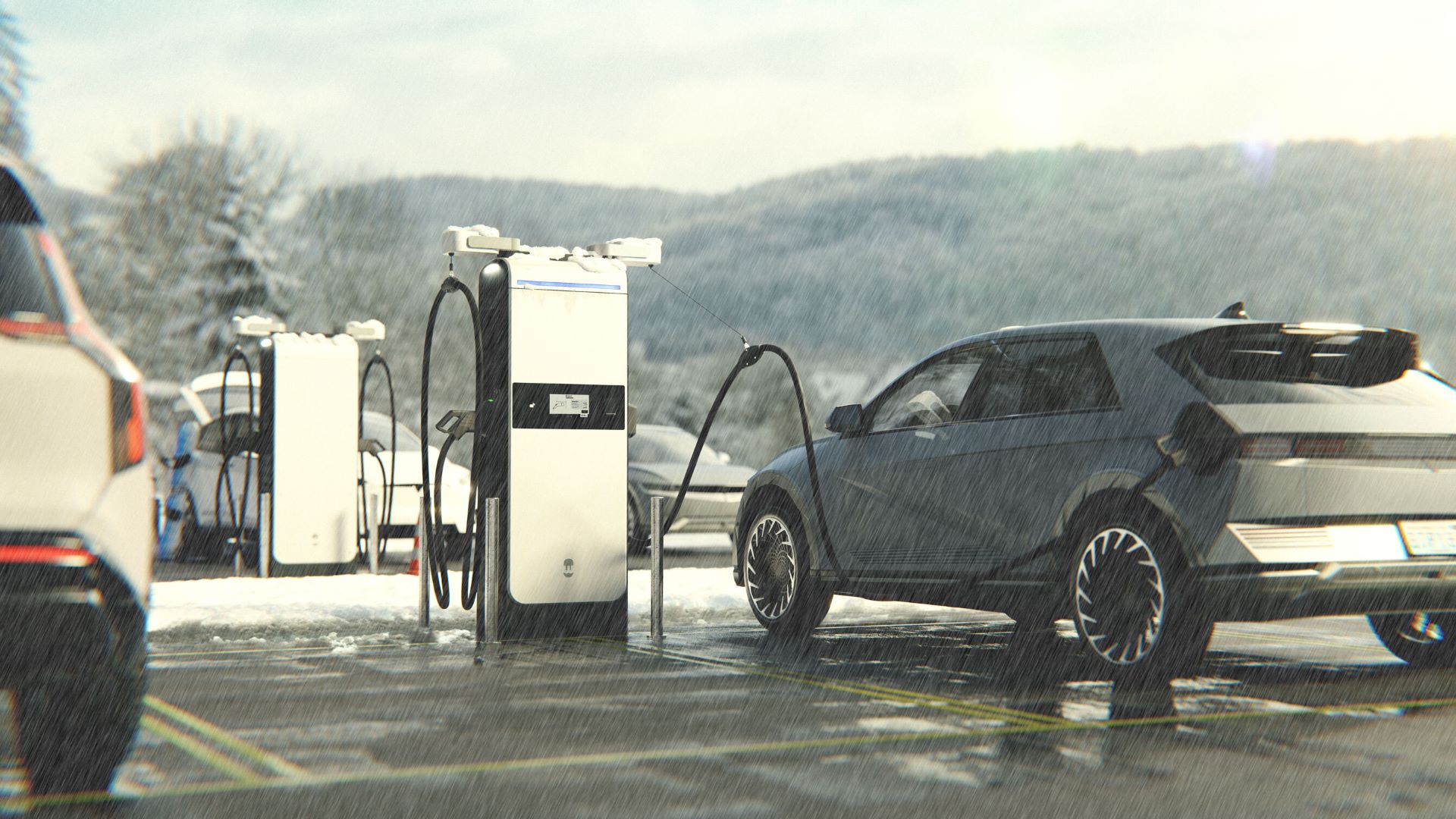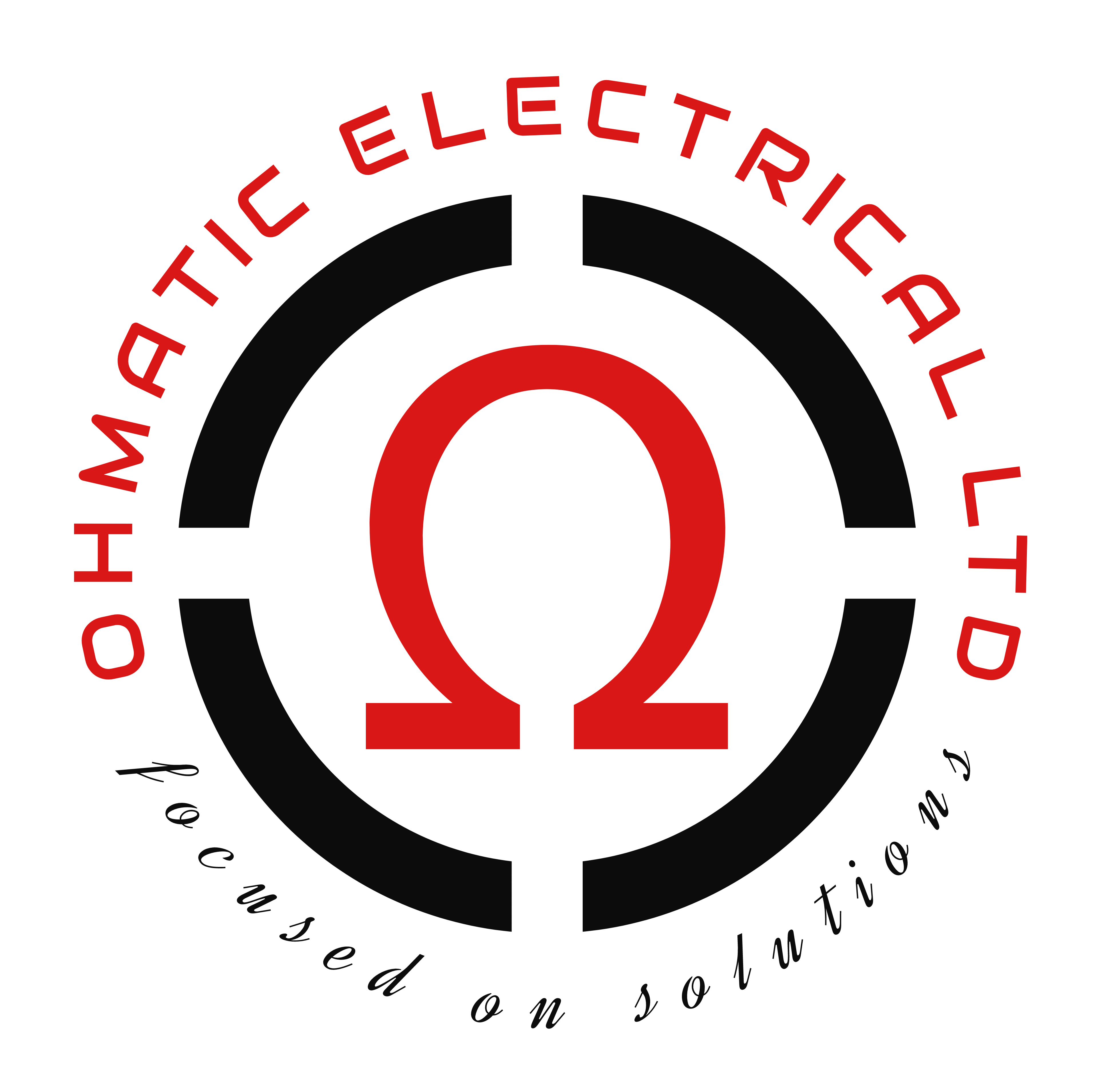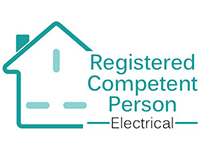The electric vehicle market is anyhow fairly recent, so reasonably, car drivers have several queries regarding electric motor vehicle ownership. Anything from inquiring about EV range to what are the instructions for charging safely tops the series of questions regarding electric vehicles.
If there is enough space in your garage for the charging of your electric vehicle, there is a possibility that a question like What are the instructions for safe charging of an electric vehicle in different climatic conditions passed through your mind. Nevertheless, it is a general assumption in the majority of the minds of individuals that it is not possible to charge an electric vehicle during the rain.
Before we examine for what reason, this is a mistaken belief to give you serenity that charging during the rain or different atmospheric conditions is completely secure.
Charging Your Electric Car During the Rain
One question which passes through the minds of most of the individuals is:
“Is it secure to charge an electronic automobile during the rain”?
And the answer to this commonly asked question is:
“Yes, it is safe.”
Electric vehicles, wires, adaptors, and EV charging systems are made to resist all atmospheric conditions in addition to water ingress. Moreover, the charging cable can be electronically connected even when it is raining hard outside.
Therefore, it does not matter that you are charging up across the roadway or at an EV charging spot; there is no cause for concern if you experience a rainstorm.
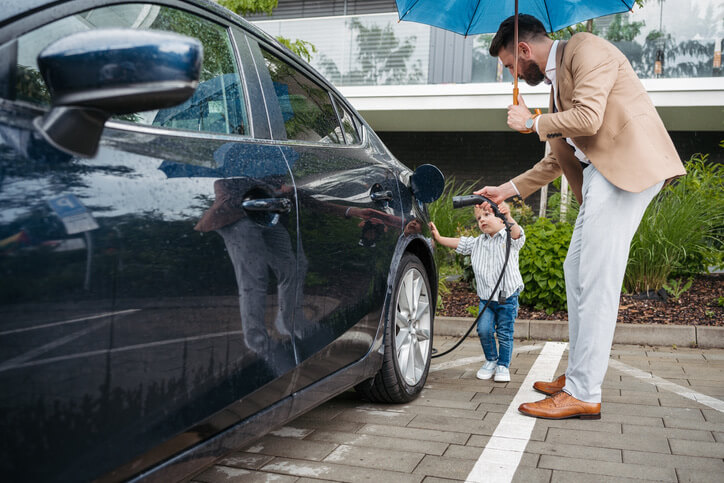
How Does This Work?
Electric cars are crafted using multiple security mechanisms in addition to those to safeguard you during charging up.
These encompass the following:
Safety at Charging Stations
When you connect your motor car, your automobile and the charging position determine that everything functions properly. If that is not the case, it will not charge up, and no amount of electricity will permeate.
Electricity does not operate by means of the charger or wire during the initial plug-in. The electrical current circulates when safety is affirmed, and the charging begins.
IP Ratings of EV Cars
Expanding upon the mechanical considerations of electric vehicles and water protection steers us towards IP ratings.
Ingress Protection is the full abbreviation of IPS, and all motor cars have a rating that indicates how well they keep water and particulate substances out.
An IP rating will look much like “IP44”. In it:
- First Digit: It alludes to dirt and specks
- Second Digit: It alludes to water
For the first, the scale will range from 1-6, and for the second, the scale will range from 1-8
The following technical equipment will be present at the upper end of the IP scale (IP68):
- Submarines
- Deep Oceanic Equipment
Therefore, at any time you compare it with the average electric vehicle containing an IP rating of IP67, you can observe to what extent it resists dirt, specks, and ingress of water.
IP Ratings of Charging Points
EV charging systems also possess IP ratings, and the majority of the level 2 chargers contain an IP of 44. This aids in preventing water and speck ingress during the charging, making it secure to connect even when rain occurs.
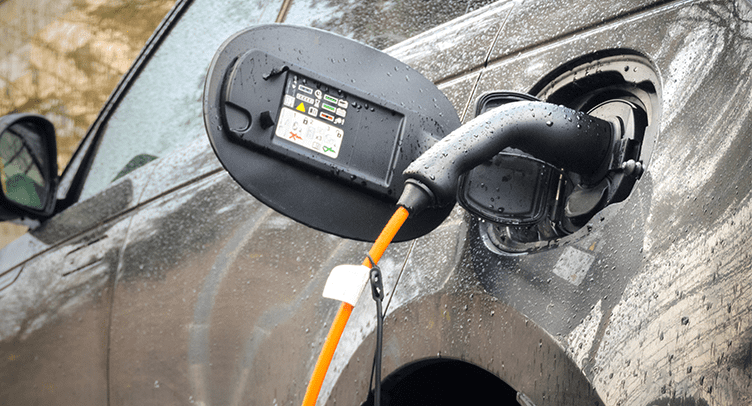
Types of Electric Vehicle Chargers
The following are the different types of electric automobile chargers:
- Level 1 Charger
- Level 2 Charger
- DC Fast Charger
Cold Weather Impacts
While electric vehicle chargers ought to work normally, chilly temperatures might impact the amount of time electric vehicles require to charge because of the changes in the battery of automobiles. Following are the two significant factors for you to admit regarding your battery in chilly weather:
- Slower Charging Rates
- Lower EV Range
Hot Weather Impacts
Moreover, charging an electric automobile in warmer temperatures might impact charging durations and the condition of the electric automobile’s battery. Following are the three major warm weather effects on electric automobile charging for your consideration:
- Less Efficient Charging
- Decreased Battery Performance
- Potential Battery Degradation
How to Prepare for Extreme Weather
Severe weather merely impacts EVs under particular situations. Despite that, electric car drivers can alleviate the impacts on their electric vehicle charging and driving expedition by taking precautionary steps:
- Passive Temperature Control
- Pre-plug Before Departing
- Slow Down
- Avoid Charging to Full Capacity
Long Story Short!
To wrap up, charging your electronic automobile whenever it rains is secure and workable due to the stringent waterproof standards of chargers and automobiles. You can securely charge your car no matter the weather by taking some easy measures.
These easy measures are:
- Avoiding Wet Connectors
- Selecting a Dedicated EV Charger

